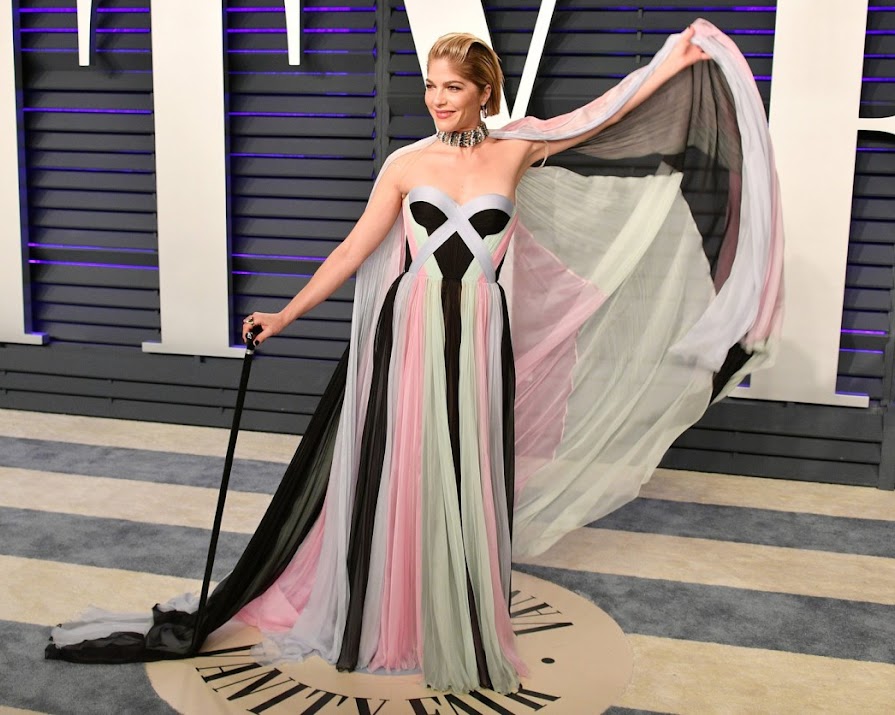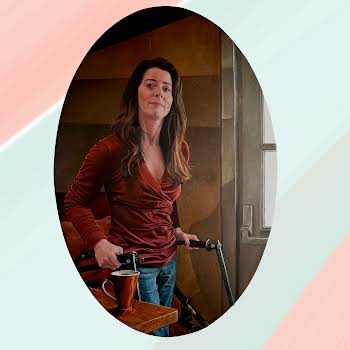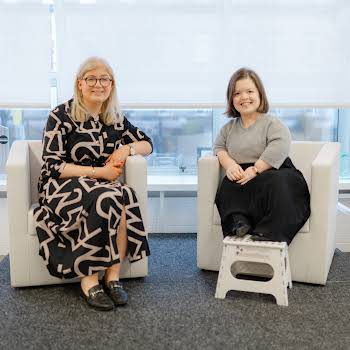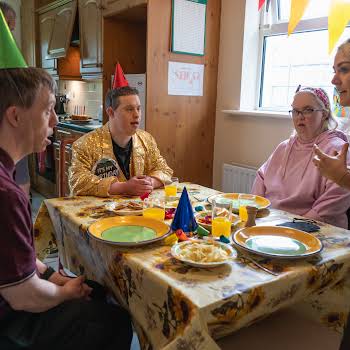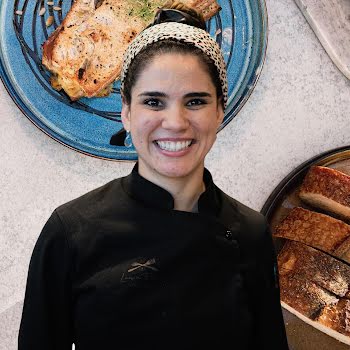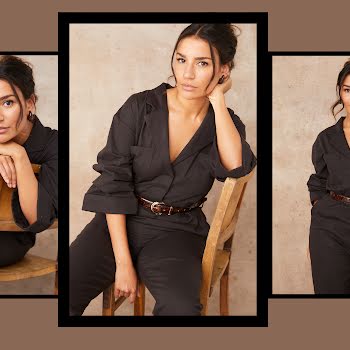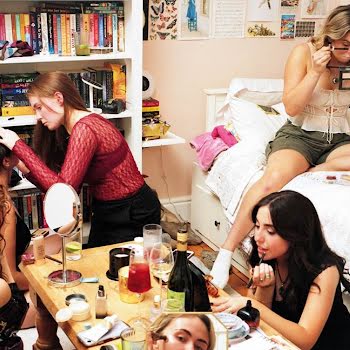
‘A natural extension’: We need Selma Blair’s positivity when talking about mobility
By Jennifer McShane
21st Apr 2021
21st Apr 2021
Selma Blair continues to speak out about the long-term results of her recent MS diagnosis. In this way, she continues to be an advocate for disabled people, particularly when it comes to highlighting and praising the use of mobility aids. This needs to be spoken about more.
I always get flustered when I go to mention the fact that, very occasionally, to get around safely and comfortably, I require the use of a walking frame. I go out of my way to insist that I don’t have to bring it with me if people are bothered by it (even though I really do) and that it’s really fine.
I am fine without it.
Only the thing is, I’m not really.
Advertisement
I’m okay without it, but I won’t get far without it, not for any sort of distance.
But I hate to use it. It’s clucky and long and awkward to set up and fold; it looks medicinal.
It was only when I returned from travelling with it for a short trip pre-pandemic I realised I hated using it, not because I must – it is my ticket to almost total freedom – but because of the way I’m regarded when I do. I seemed to spend my entire trip apologising for having it with me. For the fact that it wasn’t exactly subtle. I was exhausted when I returned home.
Humiliation? Shame? I couldn’t put into words what I felt. Those with me meant well, but I knew they didn’t feel totally at ease around me while I used it. It wasn’t their fault, they didn’t know me well and they hadn’t been around me day-to-day enough for the differing practicalities of my life to sink in.
Yes, I walk slower. And yes, some (okay, most) people will stare when I am in it.
However, the use of this one aid gives me total independence; a chance to go hell for leather and anywhere I choose.
Advertisement
Yet, I apologise for it before almost anything else.
Less compact than a wheelchair, I do feel more visible in it which should be something good. After all, I could care less about blending in. So, why do I feel, at times, so self-conscious?
The use of mobility aids isn’t normalised in society. We primarily associate them for use when we have an injury or perhaps as we reach the later stages of our lives but I’ve found that if you aren’t in either of those brackets, you’re looked at differently.
And it’s because we don’t speak openly about how the use of them can have a life-changing effect on a person’s life.
Until Selma Bair, that is.
The actress and activist has been highlighting her health journey over the last number two years, and also publically saying how mobility aids have changed her life. Blair uses stylish custom canes – when she needs to since her diagnosis with MS back in October 2018.
And in her latest Instagram post, she reiterated the same; her cane, a natural extension of herself and her body, and how like the best dancing partner, it made everything flow that little bit easier.
“I did not know the extent to which my cane had become a part of me until I walked away from it today and wondered why I had such a hitch in my step. then I remembered my stick,” she wrote. ”
Advertisement
The wooden handle, the instant recognition in my brain as I softened my stance. I love my canes… I see them as characters accompanying me on various jaunts. Honestly, when I have hours or days with more certainty in my surroundings or balance, I miss my cane. It’s a natural extension now. A dance partner, easing the transitions.”
“I’m very comfortable in my body… I am fascinated by this body and this life. I am humbled and pleased to be any inspiration for people.”
She also previously revealed, she had journeyed to Disneyland with her best friend Sarah Michelle Gellar accompanied by their children and, in Blair’s case, her wheelchair.
“I am in a wheelchair. Still me though.”
“I am oddly grateful for the new insight I have into a chronically unpredictable body,” she said at the time. And I found my friends to be more generous and kinder than I could have imagined.”
Blair emphasising the life-altering use of these aids is helping to rid them of the stigma they have become associated with. She is always herself – even with the use of these new accessories – and her attitude to life – despite its obvious challenges is utterly refreshing – something which many others could do with taking on board.
“I am so grateful to mobility aids to make it possible,” Blair said. “And the best friends to push. And to teach a kid, there is a person in the chair.”
Advertisement
She added that she is too weak to use her cane “all around with a kid and bad tailbone… and none of this needed an explanation.”
“I am in a wheelchair,” she added. “Still me though.”
Blair was equally praised when confidently graced the red carpet at the Vanity Fair Oscars party; multi-coloured Ralph & Russo gown and cape elegantly billowing behind, custom cane in tow.
Advertisement
The aids, as she points out, crucially help when we no longer have the physical strength left to do life without them.
And if we all viewed them as refreshingly as Selma does, perhaps in the best way, there would be nothing left to talk about at all.











